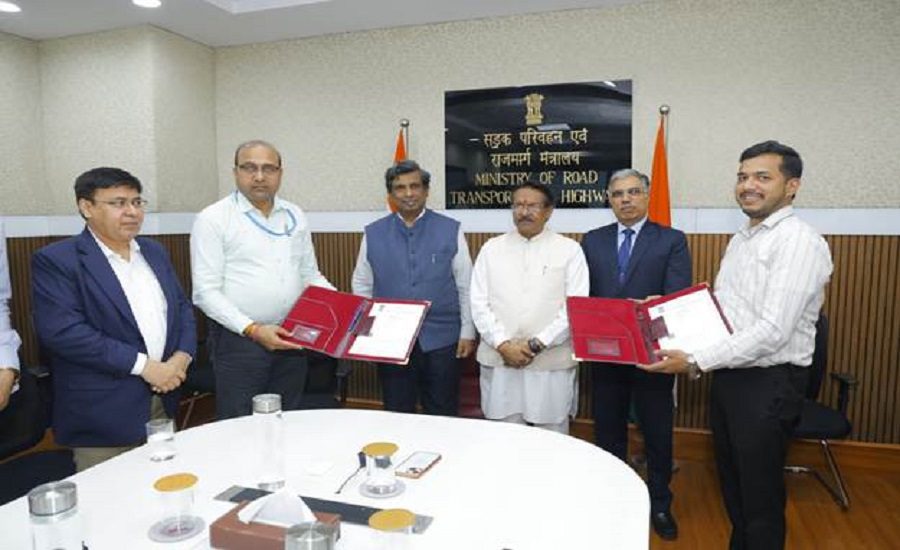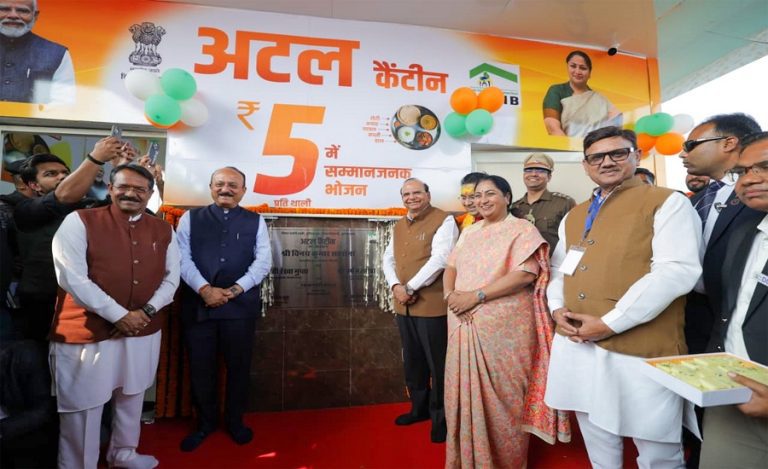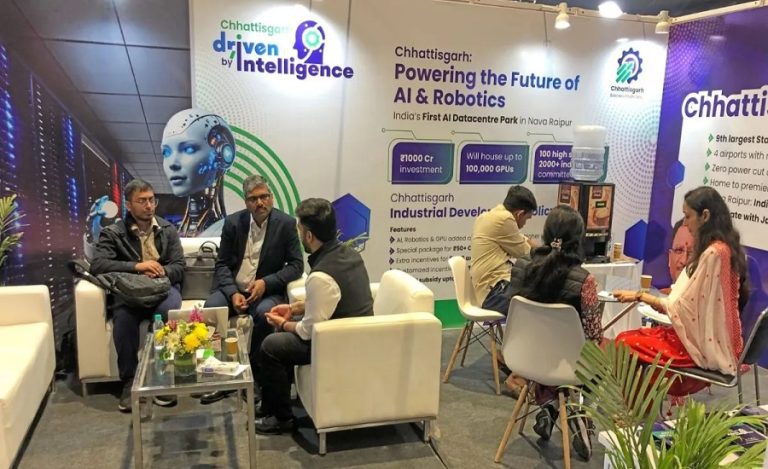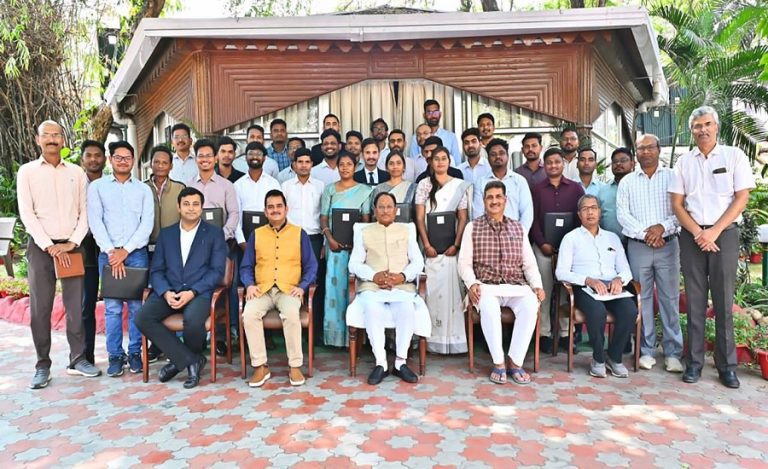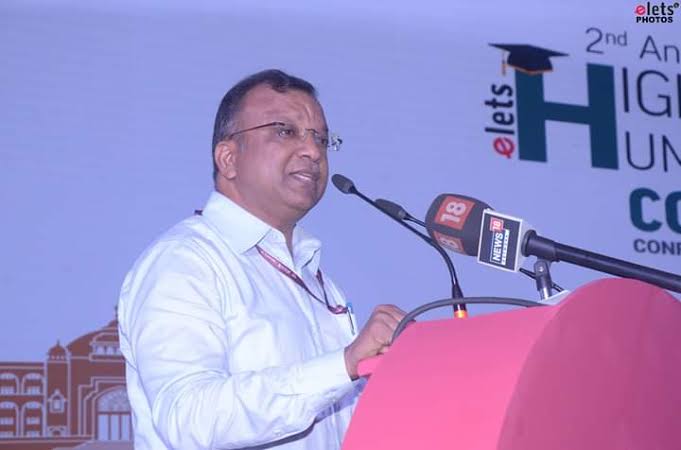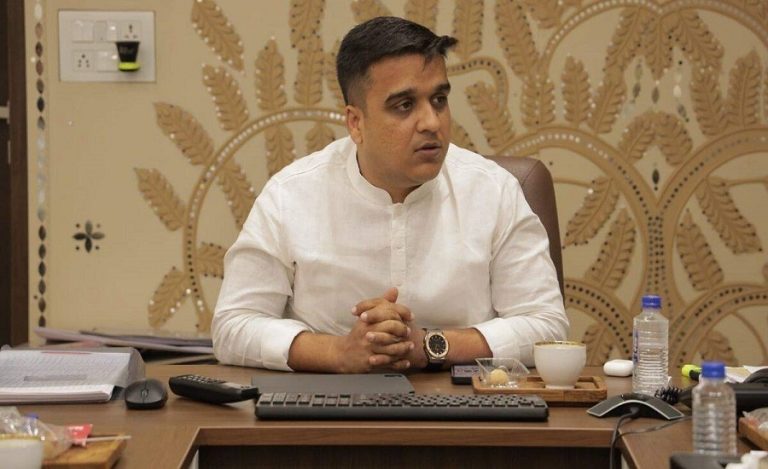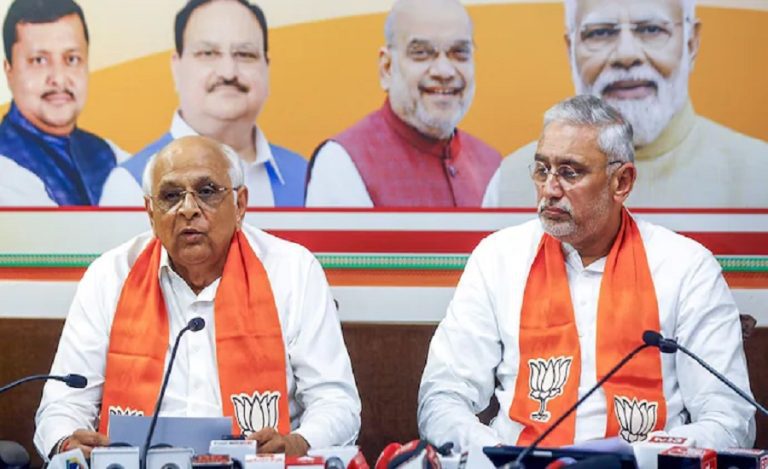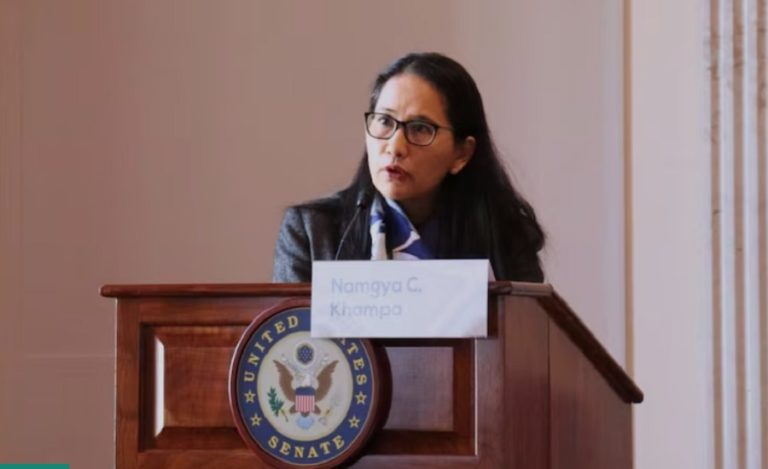New Delhi: In a major stride toward promoting renewable energy and sustainable infrastructure, the Solar Energy Corporation of India Limited (SECI) and the National Highways Authority of India (NHAI) have signed a Memorandum of Understanding (MoU) to install solar power plants along the elevated section of Package-1 (Delhi Portion) of the Delhi–Saharanpur–Dehradun Highway (NH-709B) under Phase-1.
The MoU was signed in the presence of Minister of State for Corporate Affairs & Road Transport and Highways Mr. Harsh Malhotra, with Mr. V. Umashankar, Secretary, Ministry of Road Transport and Highways (MoRTH), and Mr. Sanjay Sharma, Director, SECI Ltd, also gracing the occasion.
A Milestone for Green Infrastructure
This collaboration represents a crucial step toward the Prime Minister’s vision of achieving Net Zero emissions by 2070. The initiative aims to harness the potential of solar energy along highways, reducing the carbon footprint and powering highway infrastructure sustainably.
The project will not only generate clean and renewable energy but also serve as a model for future infrastructure projects that integrate energy efficiency and environmental responsibility.
Minister Highlights Government’s Commitment to Sustainability
Speaking on the occasion, Mr. Harsh Malhotra emphasized that the MoU exemplifies the government’s commitment to fostering renewable energy adoption and sustainable development. He noted that the partnership between SECI and NHAI will pave the way for innovative and eco-friendly highway solutions, contributing to India’s broader green transition goals.
He further stated that leveraging solar energy for highway infrastructure will reduce greenhouse gas emissions, enhance energy self-sufficiency, and promote cleaner surroundings. “This collaboration underscores our dedication to creating sustainable and energy-efficient road infrastructure that aligns with India’s climate commitments,” he added.
Promoting Renewable Energy Along Highways
The MoU between SECI and NHAI aims to develop renewable energy projects across national highway infrastructure, enabling the integration of solar power generation within transport networks. The initiative reflects a strategic move to combine infrastructure growth with environmental sustainability, a key priority under India’s national development agenda.
By utilizing unutilized land and elevated sections for solar energy generation, this project is expected to set a benchmark for future green highway projects, inspiring similar collaborations nationwide.
About Solar Energy Corporation of India (SECI)
The Solar Energy Corporation of India Limited (SECI), under the Ministry of New and Renewable Energy (MNRE), is the central public sector enterprise responsible for implementing and promoting renewable energy projects in India. Established in 2011, SECI has been instrumental in driving India’s solar and wind energy expansion, facilitating large-scale renewable energy tenders, and enabling India’s transition toward sustainable energy solutions.
About National Highways Authority of India (NHAI)
The National Highways Authority of India (NHAI), an autonomous body under the Ministry of Road Transport and Highways (MoRTH), is responsible for the development, maintenance, and management of the country’s national highways network. Established in 1988, NHAI has been at the forefront of India’s infrastructure development, implementing modern and sustainable highway projects. Its recent focus on green and energy-efficient highways underscores its commitment to balancing economic growth with environmental responsibility.
Read also: DRDO and SECI Sign MoU to Develop 300 MW Solar Projects and Achieve Net-Zero Campuses by 2027

